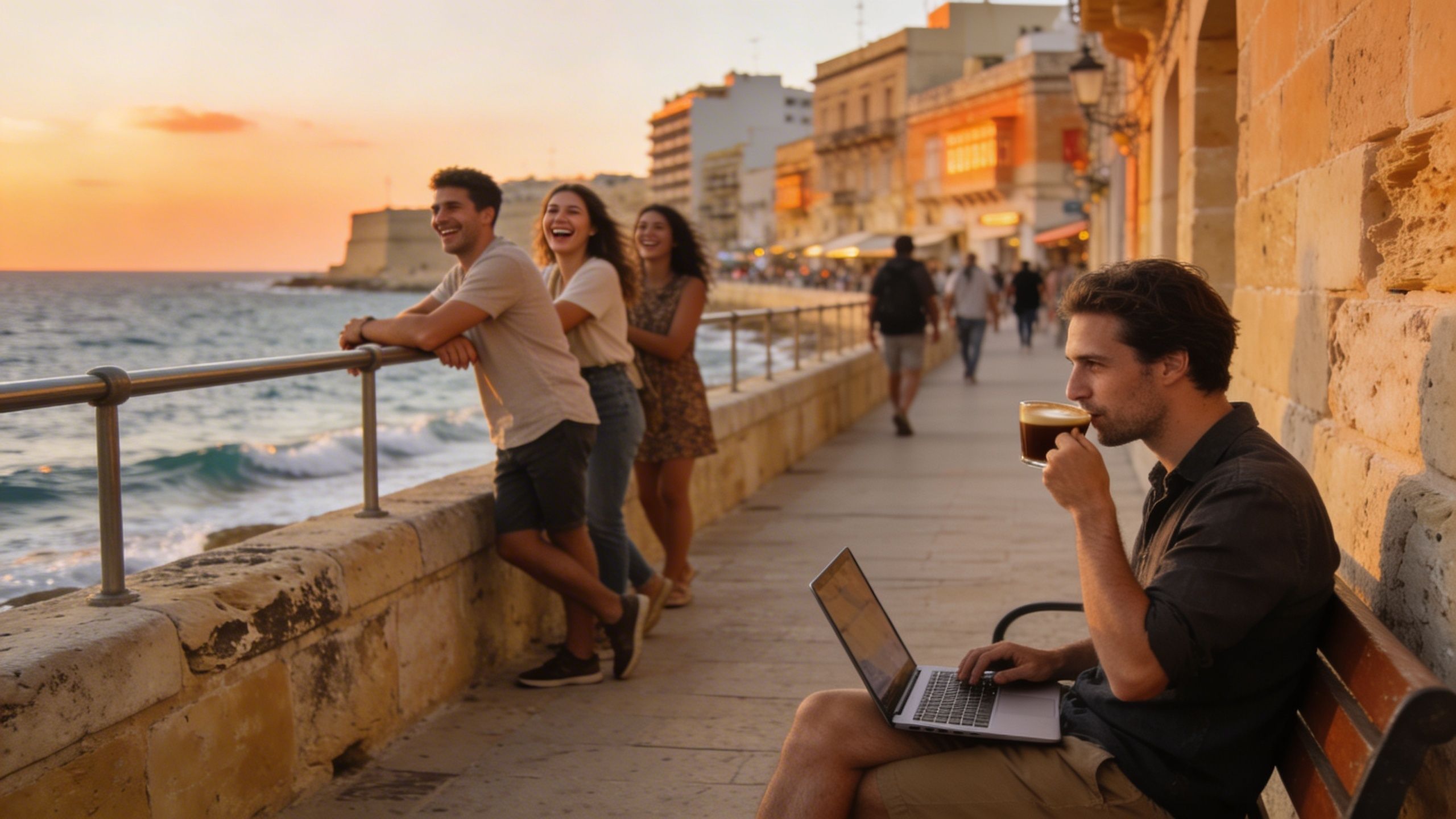Offer & Close in Croatia: Lifestyle‑First Strategies
Practical, lifestyle-led steps to make confident offers and close in Croatia’s fast-moving market, backed by recent price data and nomad visa changes.
Imagine stepping out at dawn to buy fresh figs at Dolac Market, then firing up a laptop in a sunlit café on Tkalčićeva. In Croatia the days move between slow coastal light and energetic city mornings — a lifestyle that pulls international buyers in. But behind the cafe tables and island hops, the market is moving fast. Recent market analysis shows rapid price growth across coastal and inland areas, and that affects how you craft an offer and close without losing the life you came for.
Living the Croatian Life: what draws people here

Picture morning espressos in Zagreb’s Upper Town, sunset swims off Hvar’s Pakleni islands, and neighbourly boccia matches in Istrian squares. Croatia blends Adriatic ease with café culture, buzzing little ports and surprisingly active urban scenes in Split and Zagreb. For nomads it’s the mix: reliable seasonal sunshine, short flights to Europe, and lively local communities that make remote work feel like a holiday you can actually live in.
Zagreb & coastal contrasts — where to plant roots
Zagreb is a coffee-first, coworking-friendly capital (think Basaričkova’s Impact Hub), full of walkable neighbourhoods like Maksimir and Lower/Upper Town where you can have an apartment above a bakery. On the coast, Split’s Veli Varoš and Bačvice offer sea-access and nightlife; Dubrovnik’s Old Town is cinematic but expensive, while Gruž and Lapad deliver a more local rhythm and better value. Inland towns like Varaždin and Šibenik offer quieter lives and lower entry prices.
Food, festivals and daily rhythms that change how you live
Weekends mean markets, olive oil tastings in Istria, and late-night konobas (family tavernas) on the coast. Summer festival season — from Split’s music events to Dubrovnik’s theatre — floods towns with energy, but remember: prices and crowds rise too. Off-season, islands quiet down, making winter house-hunting surprisingly revealing: you’ll see the plumbing, insulation and true neighbourhood pace without the tourist gloss.
- Dolac Market mornings in Zagreb; Lapad beach swims and seaside paths; Impact Hub Zagreb for reliable coworking; Hvar town paseos and Pakleni island day trips; Istrian truffles and small wine bars in Rovinj.
Making the move: practical considerations that protect the lifestyle

The dream has a price tag. National statistics and EU data show Croatia among the fastest-growing housing markets in recent years, especially along the coast. That means offers must be both emotionally smart and technically airtight. You want to win the home that suits your life—fast internet, a balcony for evening work sessions, and easy access to a coworking hub—without overpaying or discovering structural headaches after closing.
Property styles and how they match nomad life
Stone Dalmatian houses offer character and outdoor terraces but often need renovation and insulation work. Modern coastal apartments give instant move-in comfort with building amenities, but expect higher per-metre prices. In Zagreb, newer flats near Savska or Britanski trg are efficient for year-round living and coworking commutes. Match the property type to how you actually work and live: quiet interiors for deep-focus days, fast fibre or 4G backup, and a balcony or cafe nearby for breaks.
Work with local experts who know both market and life
- 1) Ask agencies for recent comparable sales in the exact street, not just the neighbourhood; 2) Get a local architect or surveyor to estimate renovation and insulation costs before you offer; 3) Confirm internet options (fibre availability or strong 4G) and request screenshots of current speeds; 4) Understand seasonality — sellers behave differently in high season versus winter; 5) Include clear contingencies for title checks and occupancy in your offer.
Insider knowledge: red flags, timing myths and negotiation tricks
Here’s the real talk: coastal listings often glitter online with sea views and concierge promises. But those listings hide shared access issues, unregistered terraces and seasonal noise. Conversely, many buyers avoid Gruž in Dubrovnik — and miss neighbourhoods that balance locals and value. Use winter viewings to test heating, water pressure and transport. Data-driven timing beats romantic timing: statistics show inland and older dwellings are rising fast, so waiting for a major drop could cost you.
What expats wish they’d known
People tell us they underestimated maintenance on stone houses, or the seasonal unpredictability of island logistics. Many also wished they’d checked local neighbourhood dynamics — which cafés stay open year-round, where the nearest pharmacy is, and whether the building has a local owners’ committee active in winter. Small checks early save headaches later.
If you’re coming as a remote worker, Croatia’s digital nomad permit makes long stays easier — and it now allows longer consecutive timeframes than when first introduced. That affects whether you rent or buy, and how you structure offers. If you plan to stay multiple seasons, prioritise year-round utilities, heating and a place within a 15–30 minute commute to a reliable coworking hub.
- Red flags to spot during viewings: unclear ownership documents; unregistered builds or terraces; persistent damp or mould; no fibre or weak mobile signal; abrupt discrepancies between advertised and actual square metres.
- 1) Get a local notary/attorney to run title and encumbrance checks; 2) Insist on a written list of included fixtures; 3) Use escrow or a notary-held deposit; 4) Schedule a post-offer technical inspection; 5) Close with a bilingual contract and certified translation if needed.
Conclusion: marry the lifestyle to a smart offer
Croatia can be the daily backdrop to seaside swims, market mornings and productive remote-work rhythms — but the path from dream to keys requires data, local partners and timing. Start by visiting off-season, check internet and utilities, use local agents who understand neighbourhood seasons, and lock contingencies into your offer. Do those things and you’ll get the lifestyle without the buyer’s regret.
Norwegian who has helped 200+ families relocate from Oslo to Spain; expert in relocation services and community integration.


